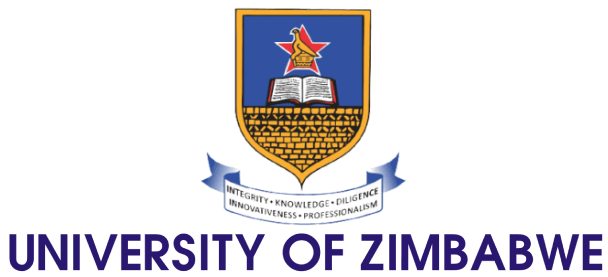This programme is offered to applicants with a pass in ‘A’ level Chemistry and any two of the following subjects; Biology, Mathematics and Physics. These graduates can further enroll for postgraduate degrees in Food Science and Technology.Activities of food scientists include the development of new food products, design of processes to produce these foods, choice of packaging materials, shelf-life studies, and sensory evaluation of the product with panels or potential consumers, as well as microbiological and chemical testing.
What is Food Science and Technology about?
Food sciences the applied science devoted to the study of food. The Institute of Food Technologists defines it as "the discipline in which the engineering, biological, and physical sciences are used to study the nature of foods, the causes of deterioration, the principles underlying food processing, and the improvement of foods for the consuming public."Food technology is a branch of food science which deals with the actual production processes to make foods.
Courses in the 4 year BSc Hons Food Science and Technology
Level 1: Communication Skills, Statistical Computing I, Applied Statistics I, Inorganic Chemistry, General Chemistry, Analytical Chemistry, Biology for Food and Nutrition Science, Applied Statistics 2, Mathematics for Food and Nutrition Sciences, Physical Chemistry, Organic Chemistry, Entrepreneurship, and Introduction to Food Science and Nutrition
Level 2: Business Management for Scientists, Metabolism of Amino Acids and Proteins, Metabolism of Carbohydrates and Lipids, Food Engineering 1,Principles of Nutrition: Macronutrients, Principles of Nutrition: Micronutrients, Food Microbiology, Food Toxicology, Design and Analysis of Experimental Data, Quality Management systems, Food Analysis, Sensory Evaluation of Food and Professional Skills for Science.
Level 3: Industrial Attachment
Level 4: Meat Technology, Cereal Technology, Sanitation and Legislation, Food Engineering 2, Dairy Technology, Fats & Oils Technology, Product Development and Marketing ,Food Biotechnology, Fruit & Vegetable Technology, Food Chemistry and Dissertation
Job opportunities in the field of Food Science and Technology:
Opportunities for employment include positions in the food and allied industries, government and standards agencies, and educational and research institutions. Graduates qualify for supervisory, technical, applied research, sales and executive positions in processing, quality assurance, process development, product development, marketing, and sensory evaluation in food and food-related industries.
